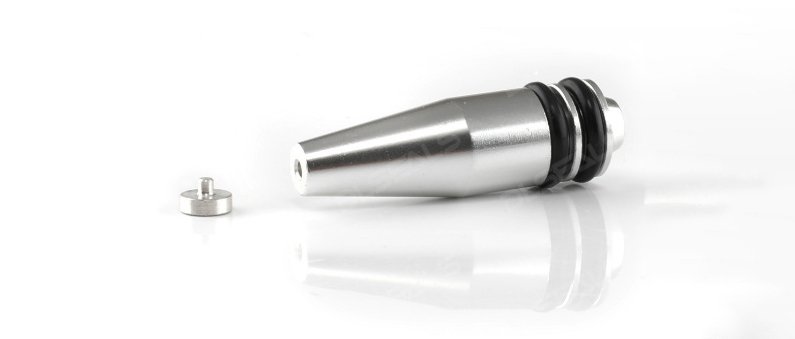When it comes to sealing solutions, selecting the right type of seal can significantly impact the performance and longevity of your equipment. Rubber and metal seals are two common options, each with its own set of advantages and considerations. To make an informed decision, it’s essential to understand the factors involved in choosing between these two types of seals.
Application Environment: The operating environment plays a crucial role in determining the suitability of rubber or metal seals. Rubber seals are often preferred for applications requiring flexibility and resistance to various fluids and temperatures. On the other hand, metal seals excel in high-pressure or extreme temperature environments where durability and stability are paramount.
Sealing Performance: Consider the specific sealing requirements of your application. Rubber seals offer excellent elasticity and conformability, providing effective sealing even on irregular surfaces. Metal seals, on the other hand, offer superior strength and resilience, making them ideal for applications with demanding sealing requirements.
Cost and Maintenance: Evaluate the cost-effectiveness and maintenance requirements of each seal type. Rubber seals are generally more affordable and easier to replace, making them a cost-effective option for many applications. Metal seals may have a higher upfront cost but can offer long-term savings due to their durability and longevity.
Compatibility: Ensure compatibility with other components and materials in your system. Rubber seals are commonly used in systems containing fluids such as water, oil, and chemicals. Metal seals may be preferred for applications involving aggressive chemicals or high-pressure conditions where rubber seals may degrade over time.
Installation and Assembly: Consider the ease of installation and assembly when choosing between rubber and metal seals. Rubber seals are often more flexible and forgiving during installation, while metal seals may require precise alignment and tighter tolerances for proper sealing.
Customization Options: Determine if customization is necessary for your application. Rubber seals offer greater flexibility in terms of size, shape, and material composition, allowing for tailored solutions to specific sealing challenges. Metal seals may be available in standard sizes or require custom fabrication for unique requirements.
Environmental Impact: Consider the environmental impact of your sealing choice. Rubber seals are typically made from synthetic or natural rubber materials, which may have varying levels of environmental sustainability. Metal seals, while durable, may require additional resources for manufacturing and recycling.
In conclusion, choosing between rubber and metal seals requires careful consideration of various factors including application environment, sealing performance, cost, compatibility, installation, customization options, and environmental impact. By evaluating these factors comprehensively, you can select the most suitable seal type to optimize the performance and longevity of your equipment.
Post time: May-25-2024

